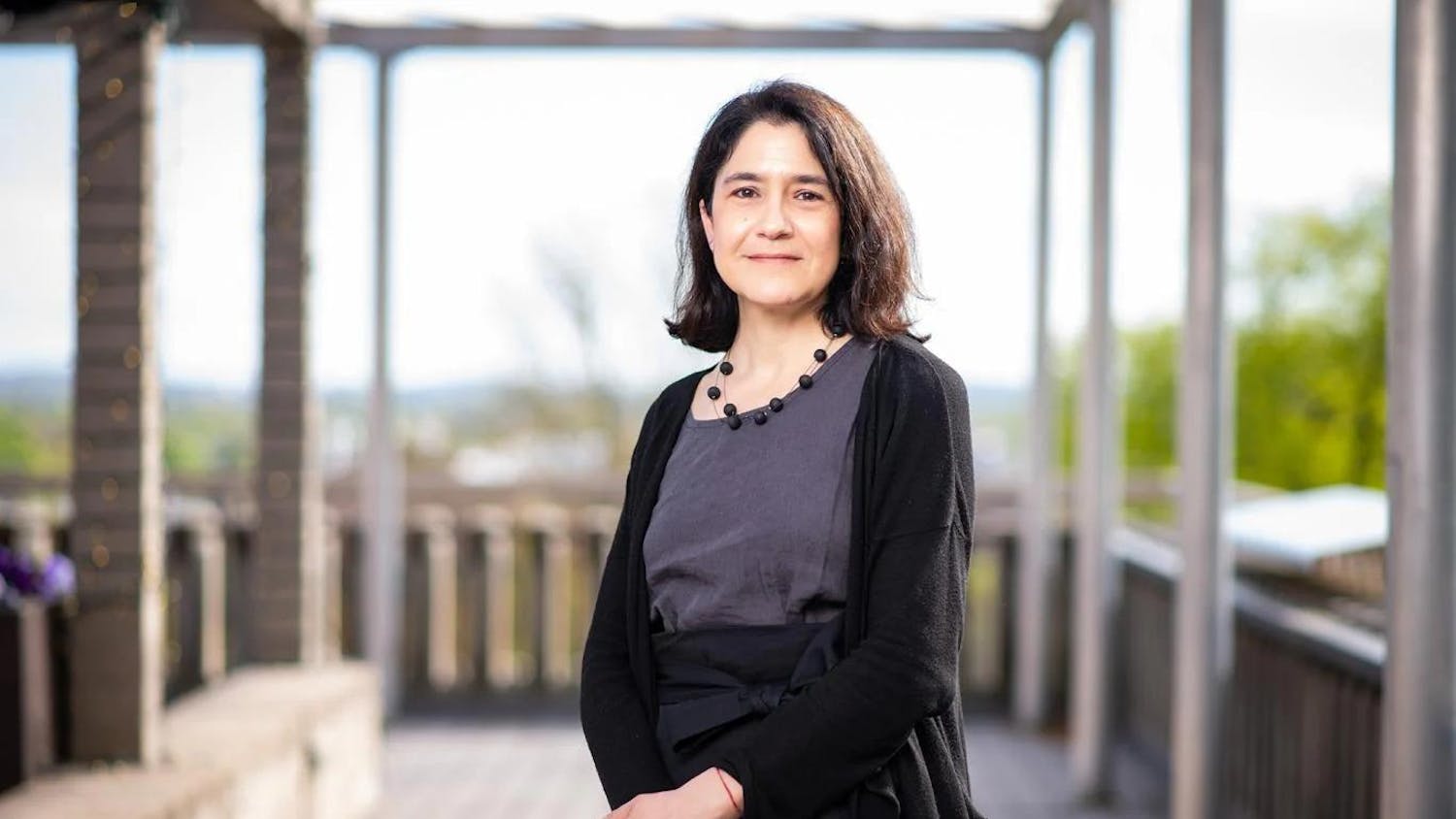The Tufts European Center in Talloires, France was this year named one of the top branch campuses by the National Association of Branch Campus Administrators and TheBestColleges.org.
According to a Jan. 3 post on TheBestColleges.org, which ranked the Talloires program No. 6 among branch campuses, the program provides quality cultural exploration and educational opportunities, as well as a beautiful setting in a former Benedictine priory.
Program Coordinator at the Center David Baum (LA 09) explained that the center in Talloires is meant to provide students with a multicultural perspective.
[The campus] was given to Tufts to bring people together and to promote international exchange, Baum said.
The Talloires program is so successful because of the values and history associated with the priory itself, according to Administrative Director of the European Center Gabriella Goldstein.
Its a different kind of place, Goldstein said. Its an 11th century old building that was given to Tufts with a very special purpose to use it to make a better society ... Its not just the stones, the bricks. It has its history, and it has its beautiful ideas [and] messages, and we should use it to make a world a better place eventually.
Goldstein explained that the donor, a man named Donald MacJannet, was a 1916 graduate of the university. When he donated the building to Tufts in 1978, he left no conditions, allowing the university to use it however they wanted.
For those of us who remember [when MacJannet gave the building], its been such a pleasure and privilege to be able to remember those values and those ideas, she said. It makes a very rich experience to go there, to have this history, to know the people who gave us the building.
Part of the programs success may have to do with the fact that, unlike other Tufts courses, classes at Talloires relate directly to the surrounding geography, Goldstein said.
When we offer courses in Talloires, we want them to be transformative experiences, she said. We want the courses to be connected to the region.
In fact, Goldstein said, some of the most popular courses, such as Flowers of the Alps and a few literature courses, allow students to explore the environment around Talloires.
You go and you stand there [in] the field filled with these incredible flowers, she said. You are doing it outside ... not watching them on the slides. The French literature courses study the works that are written right there, so you can go to the place where Lamartine wrote his poem or where Rousseau wrote his important works.
Baum added that interaction is not limited to courses and the regional geography. Because the program is small, student and faculty get to know one another very well, he said.
If students ... have questions, they can go and find the professor right there and chat, Baum said. We see lots of faculty spending a lot of time there with students.
This strong community makes up for the challenging aspects of the program, such as the condensed semester course work and adapting to living so far away from home, according to Goldstein.
Another advantage is that the Talloires program coordinators, unlike those for study abroad programs, are very present in students lives with their host family, she said.
We know students, and we know families, Goldstein said. Whenever they have problems, we like always fixing things.
A drawback of the program, she said, is the fact that it may be unavailable to many students who cannot afford it. Goldstein hopes to improve this in the future.
I know the cost is above what students paid to come to Tufts, she said. From my perspective, its so important for Americans to leave America. I think raising money to help students do that is really important.
Goldstein believes that the faculty at Talloires represents the best of the university.
I think the reason students come back and talk about it is because they feel that, she said. They know we care about their success and care about their experiences.
Yunan Zhang contributed reporting to this article.





